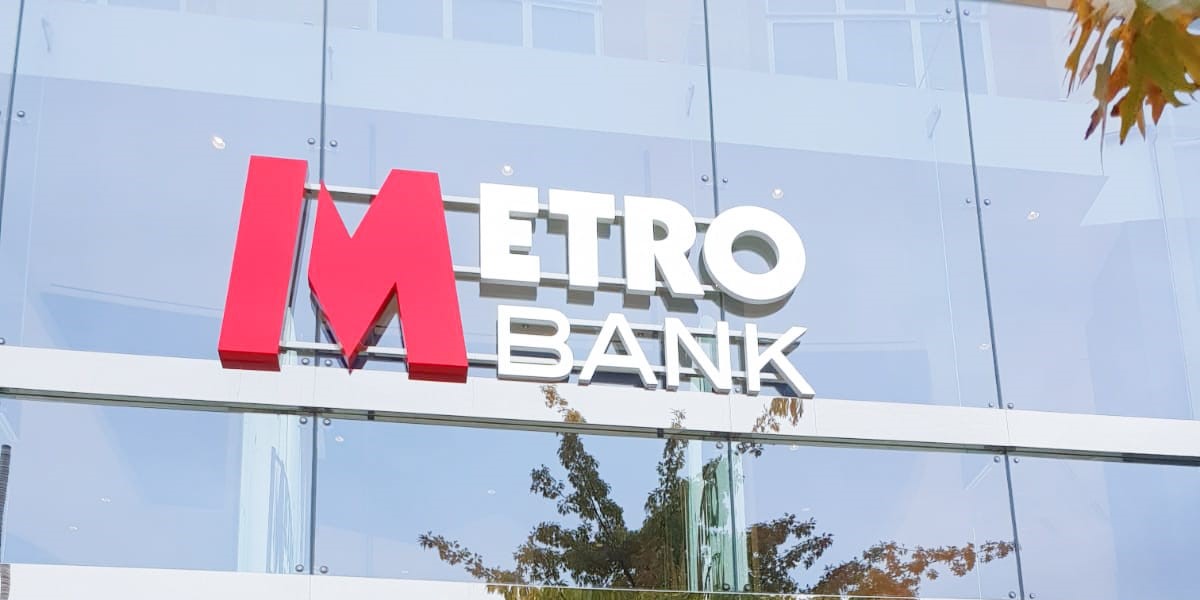Takeover talks raise questions about future of high street presence
Metro Bank, once celebrated as a bold new entrant on Britain’s high streets, is now the subject of takeover interest from private equity, raising concerns about the future of its physical branches – particularly in the West Midlands where the bank maintains a visible retail presence.
London-based private equity firm Pollen Street Capital has approached Metro Bank with an informal buyout proposal. Although talks remain at an early stage, the move signals renewed pressure on the embattled challenger bank, which has endured regulatory setbacks and multiple capital-raising efforts in recent years.
A turbulent financial journey
Metro Bank launched in 2010 as the UK’s first new high street bank in over a century, aiming to revitalise branch-based banking. It quickly expanded across major UK cities, including Birmingham, Wolverhampton, and Coventry, where its brightly lit, pet-friendly branches became a familiar high street sight.
However, its trajectory has been rocky. The bank suffered a major regulatory blow in 2019 after misclassifying commercial loans and failing to hold adequate capital reserves. More recently, it was forced to raise emergency funds in 2023 when it disclosed that regulators had not approved changes to its mortgage capital requirements.
Implications for West Midlands branches
Metro Bank’s footprint in the West Midlands has been one of the most consistent among UK challenger banks, with branches offering extended hours and in-person services that bucked the national trend of branch closures. For many small businesses and individuals across the region, Metro has provided a rare alternative to the digital-only shift.
But with private equity interest now in play – and given the bank’s pivot towards specialist business lending – there are growing fears that its retail presence could be scaled back or even sold off. An acquisition by Pollen Street could reignite a previously rejected merger with Shawbrook, another Pollen Street-backed lender focused on SME and property finance.
Reshaping high street banking
The takeover approach comes amid a broader wave of consolidation in UK financial services. Nationwide acquired Virgin Money last year, and numerous smaller banks are increasingly under pressure to merge or exit. Analysts say this reflects the harsh economics of retail banking: high overheads, shrinking margins, and shifting customer expectations.
With Metro Bank’s shares still trading well below their 2019 peak, the proposed buyout may offer a way to reshape the business away from public market scrutiny. But it may also signal a retreat from the community-centric model Metro once championed.
Uncertain future for local customers
Neither Metro Bank nor Pollen Street Capital have commented publicly on the takeover discussions. But for customers and businesses in the West Midlands, the developments will be watched closely. With so many banks pulling out of town centres, Metro’s branch network has become more than just a banking option – it represents access.
If the takeover proceeds, the question remains: will the West Midlands’ high streets lose another familiar face, or will Metro’s community-first promise survive under private equity ownership?

